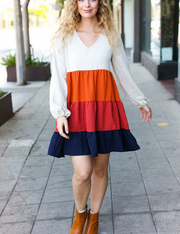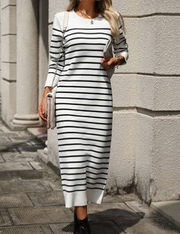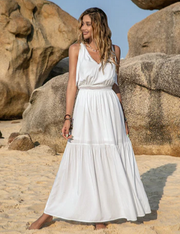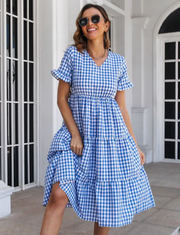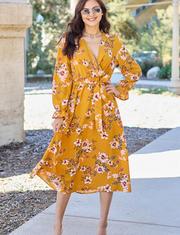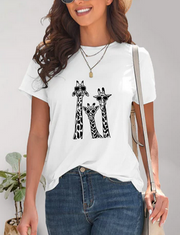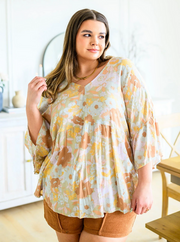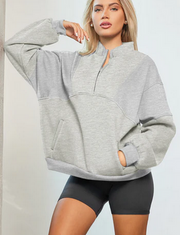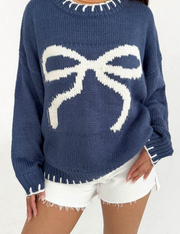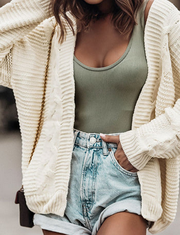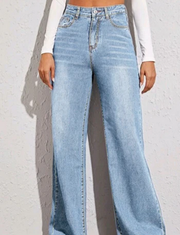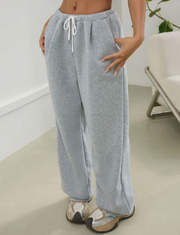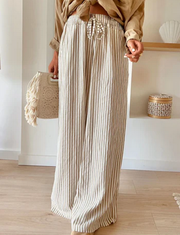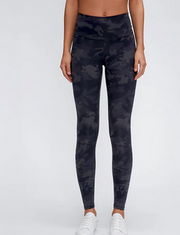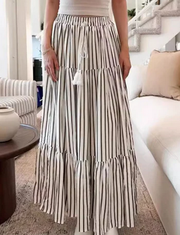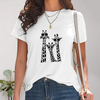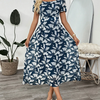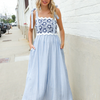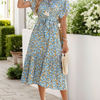Modesty Across Cultures
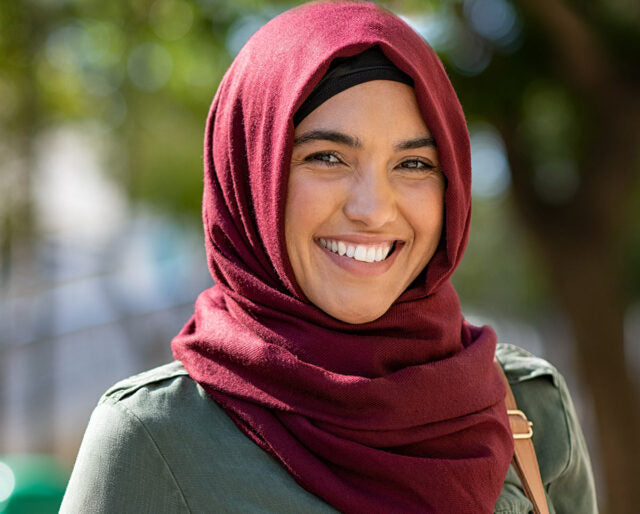
In the past year I've had a very enriching opportunity to get acquainted with the Afghan refugee community in the Salt Lake City, UT area where I live. There typically has not been a large population of Afghan refugees in the area. Then, the US evacuation of Afghanistan that occurred in August of 2021 changed all of that.
My neighbor and friend connected me to the opportunity to help the Afghans. She is connected to the Afghan community because a Utahn in her extended network named Tyler served in the military in Afghanistan. While serving in Afghanistan, Tyler met an Afghan man named Mohammed, a translator for the army. They kept in touch. Mohammed came to live in the Utah with his family seven years ago. When the evacuation happened, Tyler asked Mohammed if he knew of any newly arrived refugees that needed help. His church congregation sponsored a few families. Then other people started sponsoring families. My friend was one of them and now I have had the opportunity too.
After getting acquainted with an Afghan family and helping get donations for them (items like winter clothes, kitchen/household items and some furniture), I asked Mohammed how many other Afghan refugee families he knew that didn't have anyone helping them. In the last 10 months, I've helped connect community members to assist about 70 Afghan refugee families.
Modesty is an important aspect of the Afghan culture for women. All of the Afghans I've met practice the Muslim religion, which teaches that modesty is important. Since I have met so many different families that practice their religion in individual ways, I have seen modesty expressed differently by the women.
On one end of the spectrum, I know a family where the women don't feel comfortable showing their faces in public where men are present. For them, modest clothing means that they wear dresses to the wrists and ankles. They opt to wear face masks, in addition to having their hair covered with a scarf called a hijab. Most women prefer to have their hair covered all the time. Some do it only in public. If I come over to visit, some cover their hair but others are more casual, unless my husband comes with me, then most cover it up.
On the other end of the spectrum, I have met Muslim families where the women choose not to wear a hijab. They feel comfortable showing their hair and wearing t-shirts and skirts that don't reach the ankle. Others prefer not to wear modest dresses and skirts and prefer pants instead. Among all of the women I've met, however they choose to dress, I have noticed that they do dress in a way that they feel respects their bodies.
I also choose to dress modestly because I respect my body. My brand of modesty may not the same as yours. I think, at the heart of it, if we choose respect for others and for ourselves, we are coming from the right place. And isn't it a beautiful thing to be able to make choices for ourselves!
-
Postado em
afghan refugees, modest clothes, modest clothing, modest dresses

